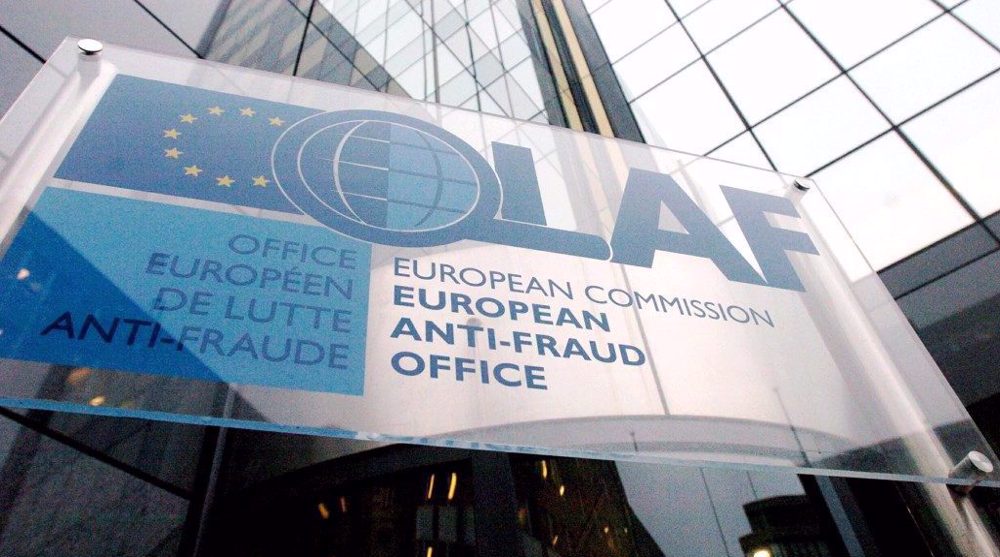Greece bailout talks held on higher level
Technical talks on whether to provide Greece with a direly-needed third bailout have been followed up by high-level negotiations.
On Friday, Greece’s Finance Minister Euclid Tsakalotos and Economy Minister Giorgos Stathakis met and talked with the representatives of four institutions involved the negotiations, namely the European Central Bank (ECB), the European Commission, the International Monetary Fund (IMF) and the European Stability Mechanism.
Lower-level officials had held preparatory technical meetings in the Greek capital of Athens this week, addressing potential reformation of the country’s tax system and the labor market regulations required before Greece can receive the EUR 85-billion (USD 93-billion) bailout.
More and more austerity
Greece received two bailout packages – one in 2010 and another in 2012 – worth a total of EUR 240 billion (USD 272 billion) from its creditors following its 2009 economic crisis in return for implementing harsh austerity measures.
The third bailout will include a new round of eye-watering austerity measures heaped on a country already reeling from a six-year-long recession and a 25-percent-plus unemployment rate.
Prime Minister Alexis Tsipras has pledged to back the new cutbacks while openly admitting that he disagrees with them. “We will implement them, yes, because we are forced to,” he said in parliament on Friday.
“But at the same time we will struggle to change them, to improve them and to counter their negative consequences,” he added.
Athens has said it intends to conclude negotiations with creditors over the new bailout by August 18, two days before it is due to pay EUR 3.2 billion to the ECB.
Remembering a fallen comrade?
Tsipras has, meanwhile, defended his former outspoken Finance Minister Yanis Varoufakis over a “defense plan” – attributed to the latter – that would come into force in case of the country’s potential exit from the eurozone, commonly referred to as Grexit.

“Of course, I personally gave the order to prepare a team to prepare a defense plan in case of emergency,” Tsipras said on Friday.
“If our creditors were preparing a Grexit plan, should we not have prepared our defenses?” Tsipras asked.
Earlier in the month, Varoufakis said he had been planning a parallel system of liquidity that could have been converted to a “new” drachma, the country’s former currency, “at the drop of a hat.”
Kidnapped Maduro to appear in New York court with protests expected outside
Iran’s Judiciary chief warns rioters will face firm action without leniency
Monitor group: Israeli forces, settlers carried out nearly 24,000 attacks in 2025
VIDEO | American lawlessness: This time in Venezuela
Explainer: Why the United States incarcerates more people than any other country
VIDEO | Iranian security forces arrest Mossad agent operating among rioters
VIDEO | Tehran skyline lights up for Imam Ali’s birth anniversary
Maduro’s kidnapping: China says US cannot act as world’s ‘police’ or ‘judge’










 This makes it easy to access the Press TV website
This makes it easy to access the Press TV website